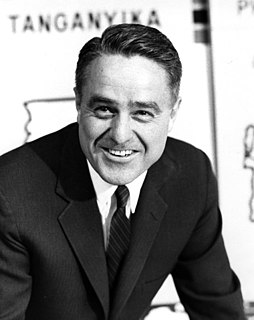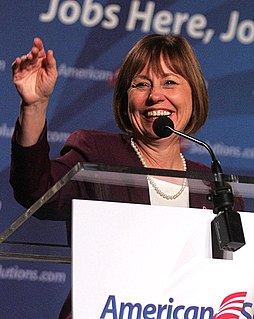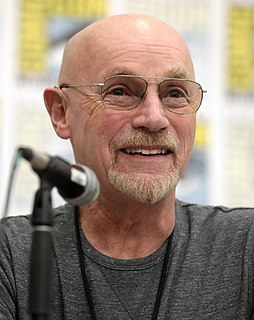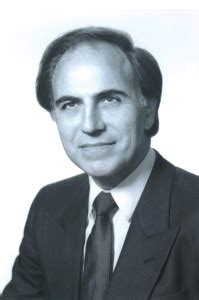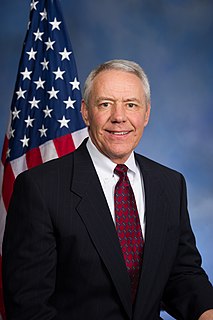A Quote by Ron Paul
The notion of a rigid separation between church and state has no basis in either the text of the Constitution or the writings of our Founding Fathers. On the contrary, our Founders’ political views were strongly informed by their religious beliefs.
Quote Topics
Basis
Beliefs
Between
Church
Church And State
Constitution
Contrary
Either
Fathers
Founders
Founding
Founding Fathers
Informed
Notion
On The Contrary
Our
Our Founding Fathers
Political
Political View
Political Views
Religious
Religious Belief
Religious Beliefs
Rigid
Separation
Separation Between Church And State
State
Strongly
Text
Views
Were
Related Quotes
Last year I was on Pat Robertson's show, and we discussed our basic Christian faith - for instance, separation of church and state. It's contrary to my beliefs to try to exalt Christianity as having some sort of preferential status in the United States. That violates the Constitution. I'm not in favor of mandatory prayer in school or of using public funds to finance religious education.
Today the separation of church and state is America is used to silence the church... The way the concept is used today is totally reversed from the original intent... It is used today as a false political dictum in order to restrict the influence of Christian ideas... To have suggested the state separated from religion and religious influence would have amazed the Founding Fathers.
It is true that traditional Christianity is losing some of its appeal among Americans, but that is a religious, not political, matter. It is worth remembering that the Jeffersonian 'wall of separation' between church and state has always been intended to protect the church from the state as much as the state from the church.
As you know, the separation of church and state is not subject to discussion or alteration. Under our Constitution no church or religion can be supported by the U.S. Government. We maintain freedom of religion so that an American can either worship in the church of his choice or choose to go to no church at all.
The separation of church and state is necessary partly because if religion is good then the state shouldn't interfere with the religious vision or with the religious prophet. There must be a realm of truth beyond political competence, that's why there must be a separation of churches, but if religion is bad and a bad religion is one that gives an ultimate sanctity to some particular cause. Then religion mustn't interfere with the state - so one of the basic Democratic principles as we know it in America is the separation of church and state.
There are two visions of America. One precedes our founding fathers and finds its roots in the harshness of our Puritan past. It is very suspicious of freedom, uncomfortable with diversity hostile to science, unfriendly to reason, contemptuous of personal autonomy. It sees America as a religious nation. It views patriotism as allegiance to God. It secretly adores coercion and conformity. Despite our constitution, despite the legacy of the Enlightenment, it appeals to millions of Americans and threatens our freedom.





